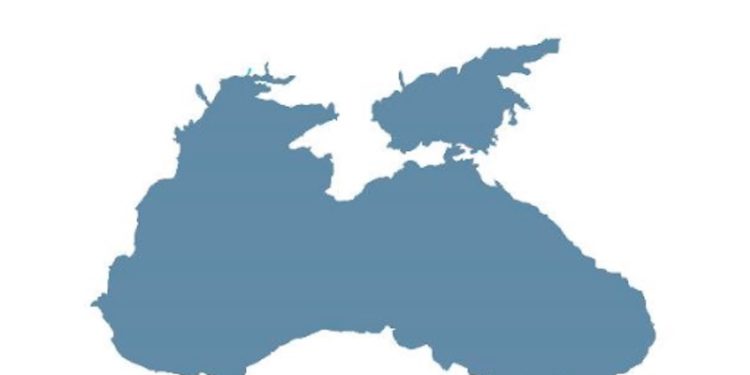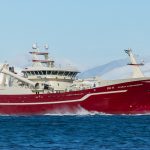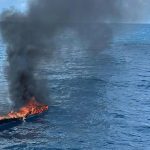Nations bordering the Black Sea have unanimously backed a declaration setting out their commitment to tackling the challenges faced by fisheries and aquaculture. This is the region’s first ever consensus on promoting rational exploitation of marine resources, sustainable aquaculture, opposition to illegal practices and mitigation of threats to the marine environment.
The declaration was described by Romania’s Minister for Agriculture and Rural Development Achim Irimescu as a benchmark ‘in the process of striking a balance between immediate economic interests and the protection of marine fisheries resources in the Black Sea.’
‘Black Sea fisheries represent an important resource to ensure food security and these fisheries strongly depend on their ecosystems,’ said Cristiana PascaR08;Palmer, Romanian Minister for Environment, Waters and Forests. ‘It is therefore essential to adopt a systemic approach and integrate environmental aspects in their management.’
National delegates welcomed initiatives such as the BlackSea4Fish regional project which aims to facilitate co-ordination between national administrations in charge of fisheries and marine environment. The future strategy for sustainable aquaculture development as well as the ongoing mid-term strategy towards the sustainability of Mediterranean and Black Sea fisheries in the region will also be crucial for achieving such goals.
‘The mid-term strategy is the cornerstone of the dynamic introduced in the Mediterranean and the Black Sea,’ said Valérie Lainé, Acting Director of the Directorate General for Maritime Affairs and Fisheries (DG MARE. ‘Actions defined within this framework should be implemented as soon as possible,’ she added.
‘The FAO and its regional fisheries management organisation, the General Fisheries Commission for the Mediterranean, are called to play a leading role in co-ordinating actions to promote the sustainable use of fisheries resources,’ stressed Valery Ivanovitch Kuzmin, the Russian Federation’s ambassador to Romania.
This declaration, as well as the results achieved by the Conference, are particularly relevant following the entry into force of the FAO Agreement on Port State Measures (PSMA). Through these outcomes, an important step has been made towards the wider ratification and implementation of the PSMA in the region.
In light of its increasing interest in GFCM activities in the Black Sea region, the Republic of Moldova took this opportunity to officially request the status of co-operating non-contracting party to the GFCM, as a potential preliminary step towards full membership. Furthermore, a memorandum of understanding was signed between GFCM and Ukraine. This mechanism should enhance the capacity of national experts and institutions dealing with fisheries and aquaculture.
More than a hundred participants representing GFCM contracting parties (Albania, Bulgaria, Greece, Romania, Turkey and the European Union), co-operating non-contracting parties (Georgia and Ukraine) and non-contracting parties (Armenia, Azerbaijan, the Republic of Moldova, Serbia and the Russian Federation) attended the event together with representatives of international organisations and non-governmental organisations with competency in the region.
The FAO Director-General was represented by Jiansan Jia, Deputy-Director, FAO Fisheries and Aquaculture Department. This diverse audience was a clear ex
The programme of the conference and the Bucharest Declaration are available on the meeting’s webpage.









